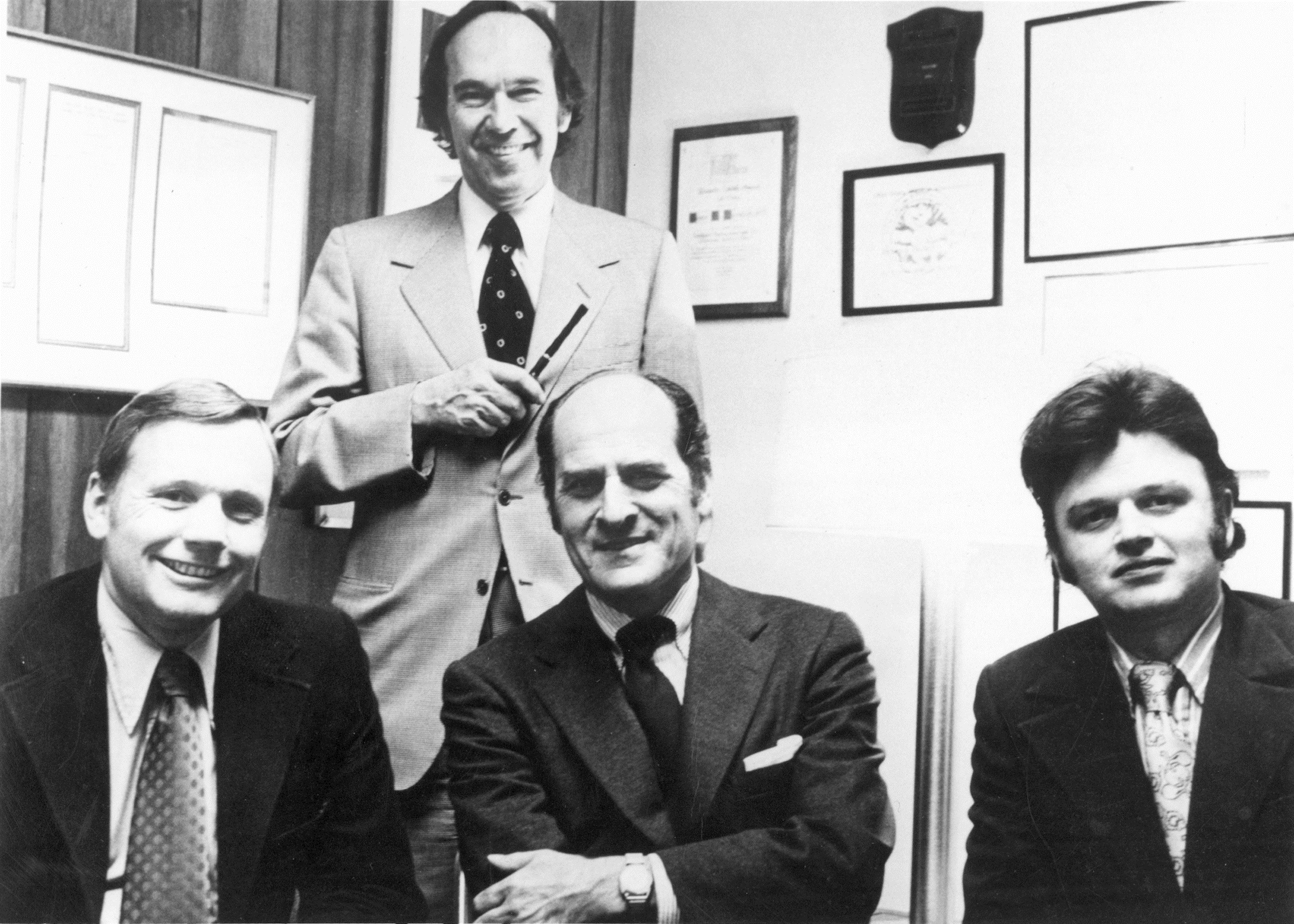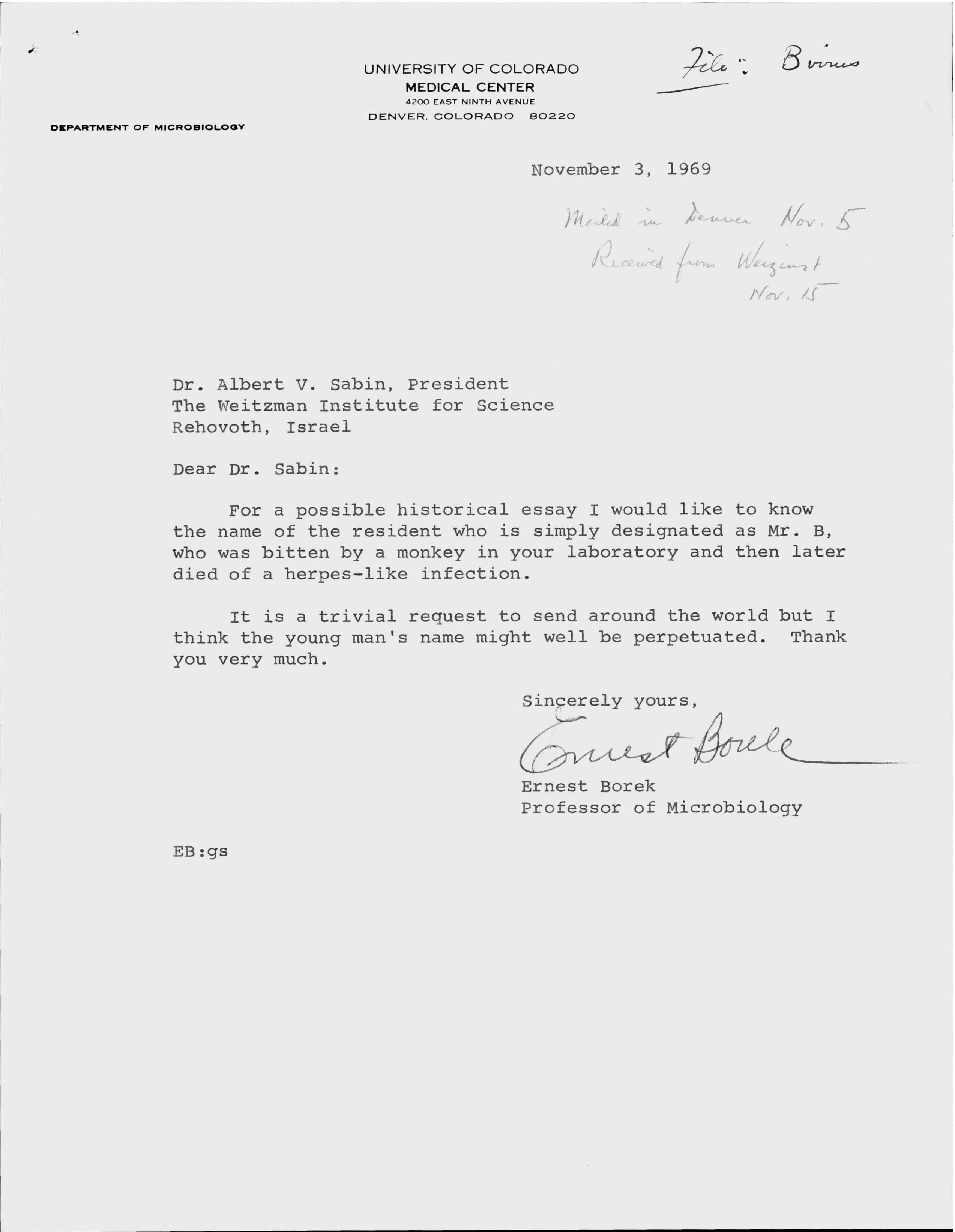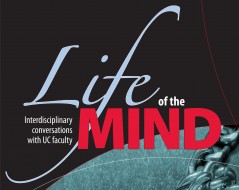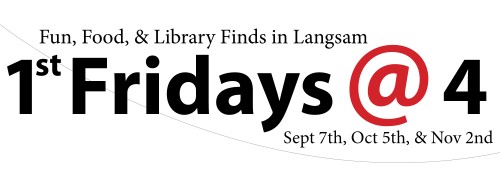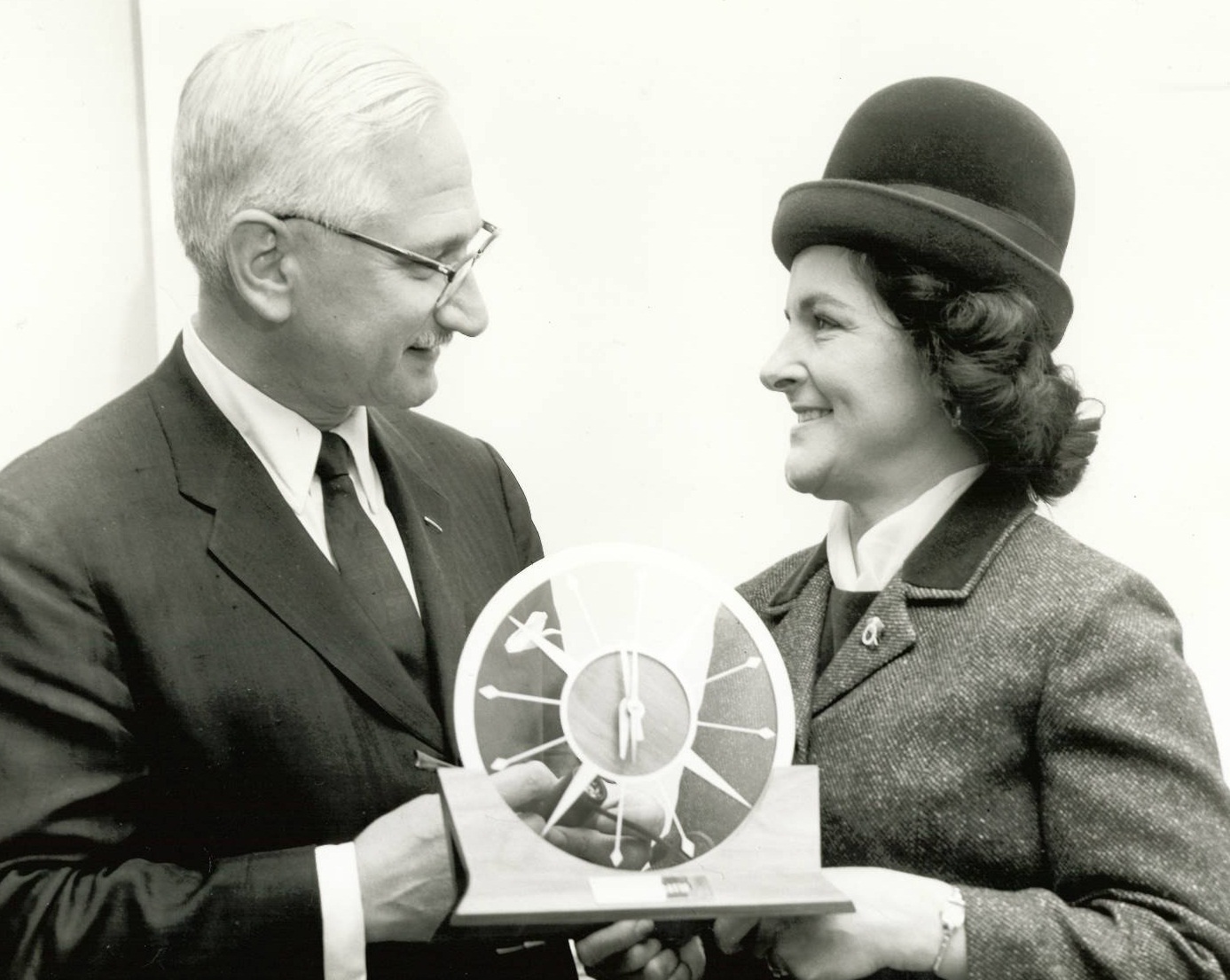By Mary Kroeger Vuyk, Sabin Project Student Assistant
[Sabin Archivist’s Note: This week features the first blog post on the Sabin project from Mary Kroeger Vuyk, one of our new student assistants. Mary is pursuing a Master of Library Science degree from Clarion University. Previously she has worked in the Winkler Center as an intern, processing the UC Public Relations Collection. She will be blogging on different Sabin-related topics as we work on the project. Please give Mary a warm welcome by reading her posts! -SB]
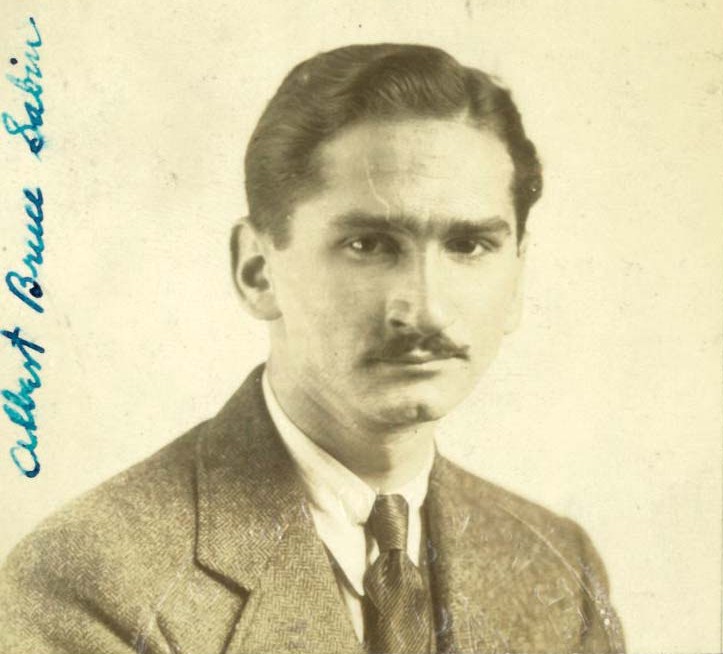 While rearranging several photos albums as part of the Albert B. Sabin digitization project, I ran across the Certificate of Citizenship for a very young Albert Sabin. This certificate reveals that the 23 year old Albert Sabin gained United States Citizenship on April 15, 1930.[1] While the certificate shows other important information about Dr. Sabin, such his height, weight, address, and marital status at the time of naturalization, a photo on the certificate also reveals another interesting detail – Albert Sabin was into facial hair. But, as I continued to look through the photos, I realized that as Dr. Sabin changed, so did his whiskers. Continue reading
While rearranging several photos albums as part of the Albert B. Sabin digitization project, I ran across the Certificate of Citizenship for a very young Albert Sabin. This certificate reveals that the 23 year old Albert Sabin gained United States Citizenship on April 15, 1930.[1] While the certificate shows other important information about Dr. Sabin, such his height, weight, address, and marital status at the time of naturalization, a photo on the certificate also reveals another interesting detail – Albert Sabin was into facial hair. But, as I continued to look through the photos, I realized that as Dr. Sabin changed, so did his whiskers. Continue reading

